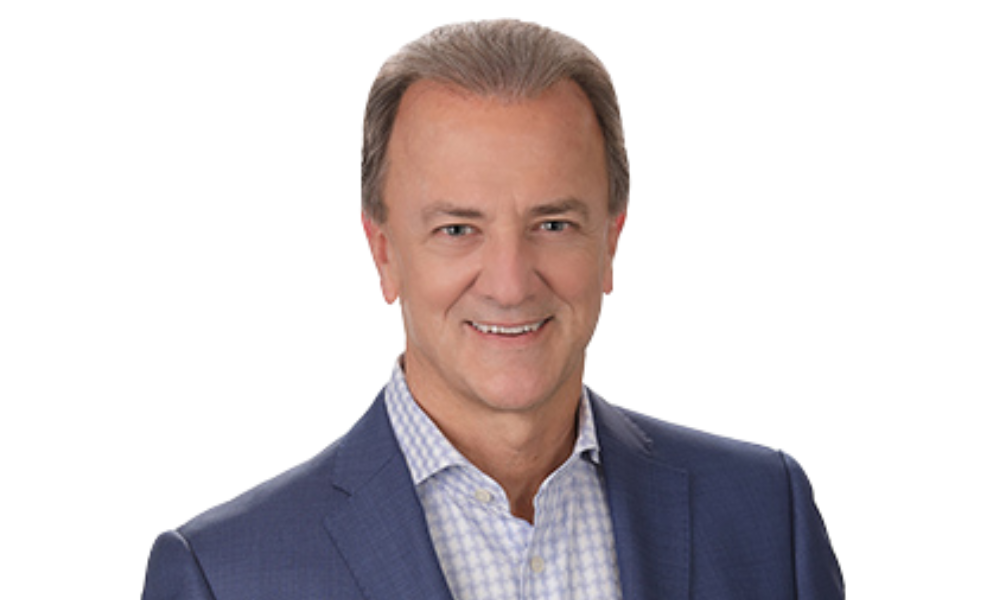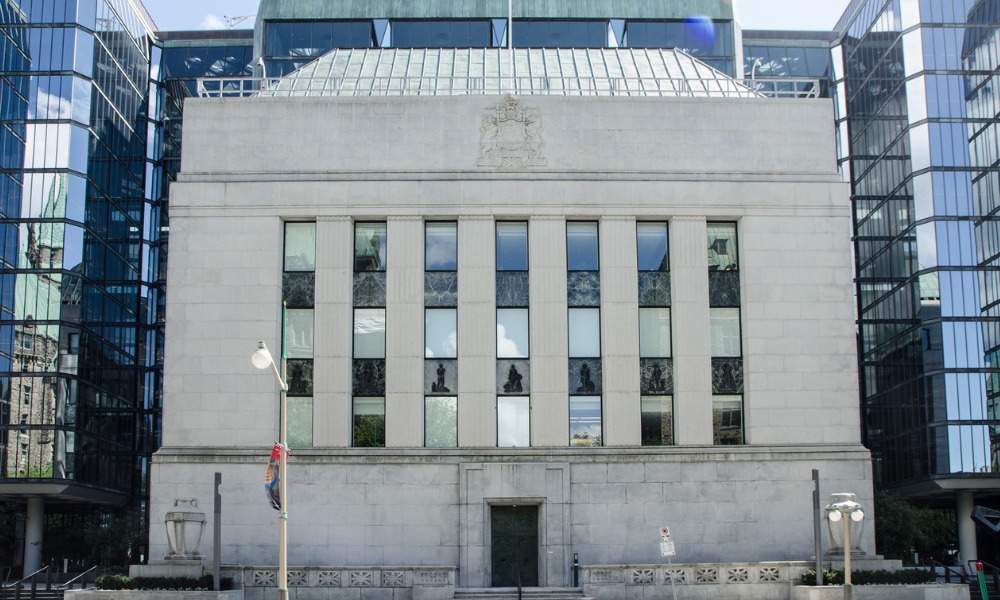CEO explains why pulling asset manager out of global partnership was the right move

Vanguard's CEO said that the group's "voice was being drowned out" over the decision to withdraw the second-largest asset manager in the world from the industry coalition to combat climate change. Vanguard left the Net Zero Asset Managers project, a group of 301 asset managers dedicated to lowering greenhouse gas emissions, in December.
Tim Buckley stated in an interview with the Financial Times that "we felt that our voice was being drowned out or confused," adding that Vanguard's strategy to addressing climate change risks, which is largely focused on business disclosure rules, "has not changed."
Vanguard has placed itself in the middle of the conflicting arguments over climate change. The Pennsylvania-based fund manager's failure to rule out fresh investments in fossil fuels has already incensed environmental campaigners, who are now furious over the decision to leave the group.
While U.S. activists argue that it should use its clout to pressure businesses to speed up the decarbonization of their operations, politicians from the Republican Party accuse the firm of neglecting to assist the fossil fuel sector. Vanguard, according to Buckley, "is not in the game of politics."
When asked about the growing politicization of ESG investing, he responded, “Politicians and regulators have a central role to play in setting the ground rules to achieve a just transition to a lower carbon economy.”
In addition, the head of Vanguard cautioned investors against expecting better returns from investing in alternative assets and ESG funds, two of the asset management sector's fastest-growing segments, rather than the index-trackers that his company supports.
“We cannot state that [environmental, social and governance] investing is better performance wise than broad index-based investing,” said Buckley. “Our research indicates that ESG investing does not have any advantage over broad-based investing.”
Assets managed by ESG funds have increased dramatically from just US$0.6 trillion at the beginning of 2018 to US$2.5 trillion now. But, as a result of Russia's invasion of Ukraine, oil and defence companies have seen big increases, which signals a time for reflection for ESG-focused investors within a challenging investment climate.
With $33.9 billion in total assets, Vanguard only offers 28 sustainable funds – putting it well behind its nearest rival BlackRock, according to data source Morningstar. BlackRock offers a far larger selection of 282 sustainable funds with assets of US$270 billion.
To "enable investors to express their views and preferences," the company offers ESG index funds that exclude certain firms, but this "has to be an individual investor's choice," according to Buckley.
Nevertheless, Buckley wants to increase pricing competition in the financial advising market to draw more customers to Vanguard's own advisory division, which is expanding by 15% to 20% annually. By the end of 2025, he wants to have offered advice to a million clients. Over 650,000 retail clients, with a combined asset value of US$350 billion, get assistance from the firm currently.
“Overall portfolio returns are not automatically improved by allocations to private equity or private credit as good manager selection is essential,” he said. “Alternatives might provide a great revenue stream for a fund manager, but they might not be a great solution for an investor.”



